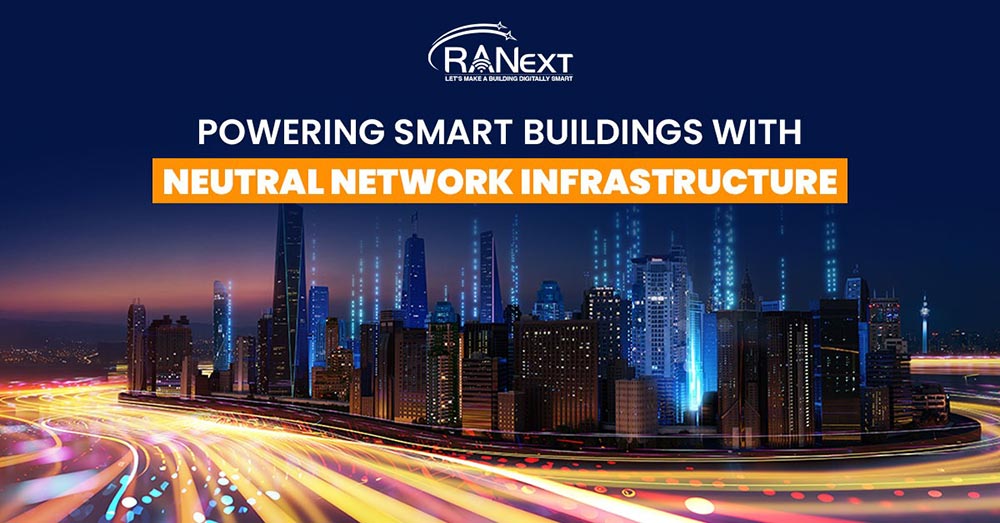The real estate industry has undergone a revolution, with smart buildings becoming a reality. Today, homebuyers and business owners are prioritizing properties with seamless digital experiences and future-ready infrastructure. As this digital transformation accelerates, the backbone enabling this connected living experience can only be built using robust, future-proof network infrastructure.
To cater to this requirement, Fibre optic infrastructure has emerged as the undisputed solution for reliable, high-speed, and secure connectivity. It delivers ultra-fast speeds, high bandwidth, and low-latency connectivity essential for daily building operations – real-time security systems, cloud-based services, and IoT devices. With longer lifespans, lower maintenance requirements, and greater energy efficiency, fibre proves to be a sustainable, cost-effective infrastructure for smart buildings, now and in future.
However, much of the existing fibre infrastructure still follows legacy deployment models – where each service provider builds and manages its own network. This monopolized setup limits flexibility and the full potential of fibre optic infrastructure. That’s where Neutral Network Infrastructure (NNI) steps in as a game changer.
What is Neutral Network Infrastructure (NNI)?
A Neutral Network Infrastructure is an open, shared digital backbone that allows multiple Internet Service Providers (ISPs) and technology partners to deliver services over a single, non-exclusive fibre network within a building or community.
Unlike legacy models with limited ISP availability, an NNI setup ensures that occupants can make an informed decision based on speed, technology, and budget – without being locked into a single operator. This deployment model creates a level playing for service providers – fostering healthy competition, driving innovation, and lowering overall cost of service deployment.
Instead of duplicating infrastructure, NNI enables interoperability, resource optimization, and simplified access for both service providers and end users. It promotes flexibility, allowing multiple technologies and service features to coexist on a common platform.
Why is Neutral Network Infrastructure important?
- Better user experience through choice
With NNI, residents and businesses can select the right ISPs or digital services that suit their needs, with the freedom to switch or customize service offerings. - Healthy competition among ISPs
NNI lowers barriers to entry that leads to better service quality, innovation, and competitive pricing. - Future-proof connectivity for smart buildings
Neutral fibre infrastructure is engineered for backward and forward compatibility, as it is an inherently scalable model that adapts to emerging technologies such as 5G, AI, and advanced IoT solutions. - Higher commercial value for real estate
Properties with NNI become more attractive, commanding higher rents and valuations by supporting next-gen digital infrastructure. - Seamless support for the future
A vendor-neutral platform paves the way for new services and applications thus encouraging innovation and enabling seamless integration of emerging technologies.
Fundamentally, Neutral Network Infrastructure creates a future-ready and smart approach to connectivity by separating infrastructure ownership from service delivery- bringing transparency, efficiency, and adaptability.
At RANext Technologies, we’re proud to be pioneering the adoption of neutral fibre infrastructure across premium real estate projects nationwide.
We’re not just building networks—we’re enabling a smarter, more connected tomorrow.


